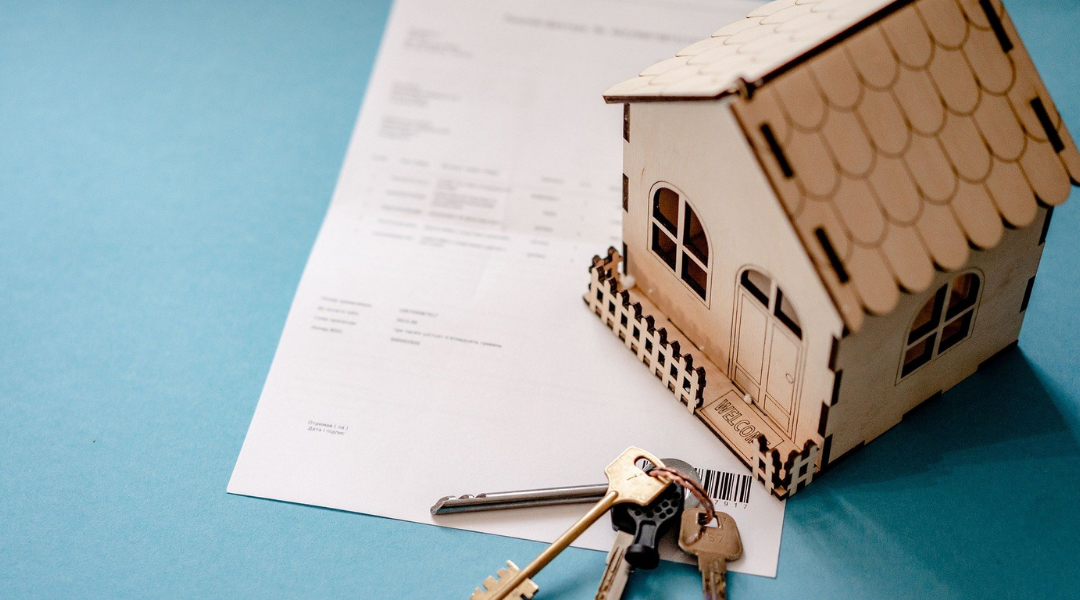You would not want to pay the seller of a home until they are ready to hand over the keys to your new home. And as an owner, you don’t want to hand over the title and the key to the property until you get paid. One way to make sure your funds stay secure is by using an escrow account. But what is escrow in real estate and how is it involved in the buying and selling process? Let’s discuss.
Standard vs Enhanced What’s the Difference?
Click Here to Learn More
What is Escrow in Real Estate?
An escrow account is an account that holds the funds and protects the transaction until everything has been finalized. Escrow accounts are held by a neutral third party until the process is completed.
In real estate, an escrow account secures earnest money until closing is completed or a party backs out. It protects both the buyer and seller during the home purchasing process. Homeowners can also hold money in escrow to pay for their insurance and taxes. This way homeowners do not have to produce a lump sum payment when their property taxes and insurance are due. Instead, the amount of their taxes and insurance are divided into 12 months and added to the monthly mortgage payments.
What is the Escrow Process?
- The homebuyers, seller, and the respective agents sign a contract to go over the terms of the transaction and make sure that every single stipulation that was agreed upon by the buyer and the seller has been met.
- The buyer will place an earnest money deposit into an escrow account.
- The escrow officer will confirm any clearance of funds with all parties involved and will keep the money in the escrow account until the closing of the property.
- The title work will start along with the mortgage application and underwriting. Once all the underwriting conditions are met, closing is scheduled.
- The buyer brings the balance of cash that is required to close the escrow offer. The mortgage company will send their funds to the escrow officer.
- All the documents will be laid out on the closing day, and the escrow closing documents are drawn, signed, and notarized.
- The fund will be released to the seller, the title will be transferred, and the homebuyer will get the keys.
The Benefits of Using Escrow in Real Estate
Escrow For Homebuyers
From the start of signing the contract to the end of closing, your escrow officer will hold your earnest money deposit. Also, any of the mortgage loans that are borrowed will be held in escrow until all closing documents are signed. This means that buyers do not have to worry about their deposit disappearing if the sale falls through.
Escrow For Sellers
Escrow gives sellers confidence in the process. You can trust that the homebuyer has put up the agreed-upon earnest money deposit, and all the funds are cleared before signing the deed transfer. It leads to the closing and the homebuyer’s access to the property.
Escrow for Real Estate Agents
Escrow serves three main purposes for real estate agents:
- Secures the contract by having a deposit held until the day of closing
- Protects commissions and ensure fees are paid directly from the closing
- Keeps clients safe in the transaction process
Trust Express Title for Your Title and Escrow Needs
Buying or selling a home is a huge transaction, and if each party is protected the better the outcome. Escrow in real estate is important because it protects and benefits both the homebuyers and sellers by using a neutral third party to protect transactions. Understanding escrow in real estate and how it is an essential part of ensuring that your real estate process is successful.


